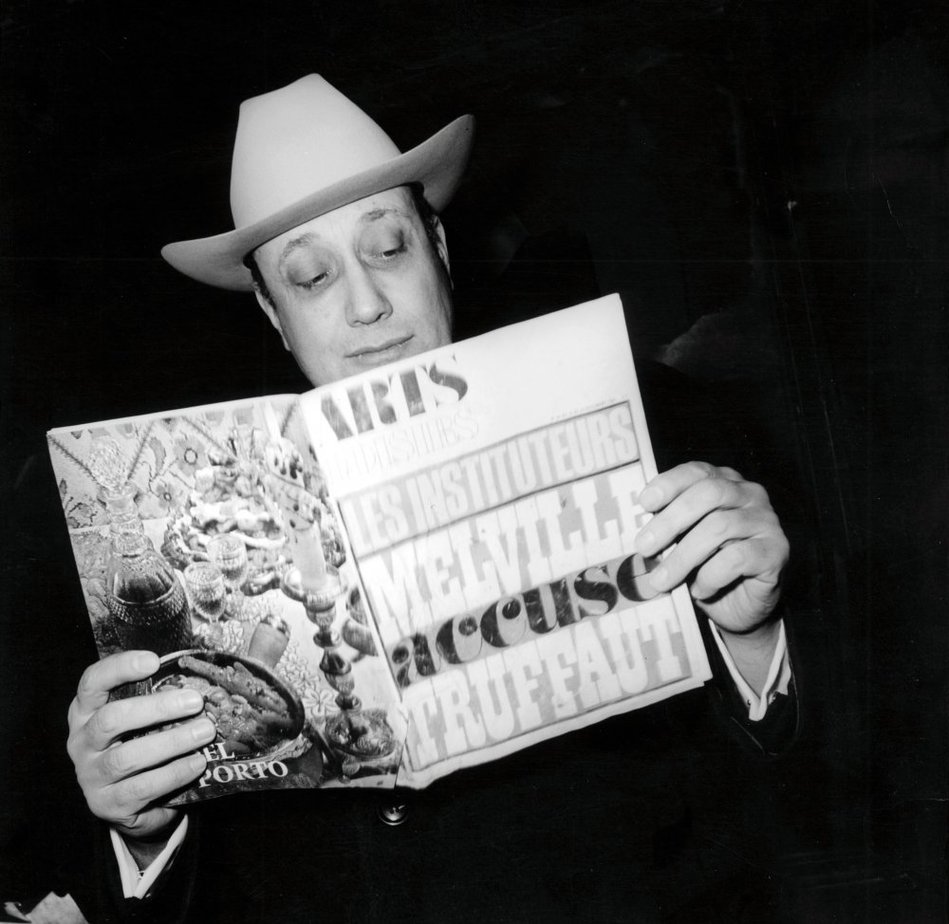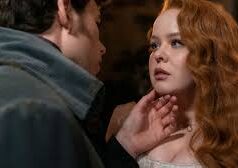During the holidays, a social media firestorm erupted over Netflix’s Don’t Look Up, Adam McKay’s allegorical catastrophe picture that, despite an all-star ensemble, received mixed reviews from reviewers. McKay’s supporters poured in to refute the demand from what they saw as arrogant elites. Director Frank Oz exclaimed, “It’s our Dr. Strangelove for today!” Al Gore, the Oscar winner, exclaimed, “An immediate classic!” As they say, the director and co-writer David Sirota entered the conversation, lambasting reviewers for failing to recognise prophetic work.
The unbalanced three-way brawl — film reviewers on one side, vox populi on the other, and unhappy artists on the third — is a digital-era take on a classic Hollywood tale. Film reviewers receive incoming from both ways since they are neither fans in the stands nor participants on the field. Of course, critics have been unfairly stereotyped as a group of elitist academics for a long time. The caustic performance of George Sanders as Addison DeWitt in Joseph L. Mankiewicz’s All About Eve provides a useful representation of the kind (1950). He can’t do or teach, so he yells from his third-row comp seat.
From the 1930s through the 1950s, the most powerful influences were gossip columnists, none more so than the twin queen bees of syndicated entertainment news, Louella Parsons and Hedda Hopper. Both developed long-term symbiotic ties with studios based on reciprocal backscratching rather than objective assessments of a film’s aesthetic merits. When they administered a body blow — usually over an offscreen sex scandal or communist allegiance — it might be the kiss of death. It’s no surprise that they got rich quick in terms of swag. After Joan Fontaine snubbed her on set of September Affair (1950), producer Hal Wallis gave Hopper a mink coat so she wouldn’t get sunburned.
Indeed, film reviewers needed a strong understanding of cinema technique as well as a good understanding of motion picture history to discuss the auteur idea. Earlier generations of cinema reviewers were frequently recruited to the beat from the sports or copy department by coincidence. Cinephiles made up the new generation of cinema critics. Some even have a bachelor’s degree.
Perhaps a meta-site that assigns a percentage to individual cinema critics next to a tomato or popcorn bucket icon might give some insight into the quality of their work. Meanwhile, I can always tell whether a film reviewer has piercing brilliance and dazzling erudition by how often they agree with me.







